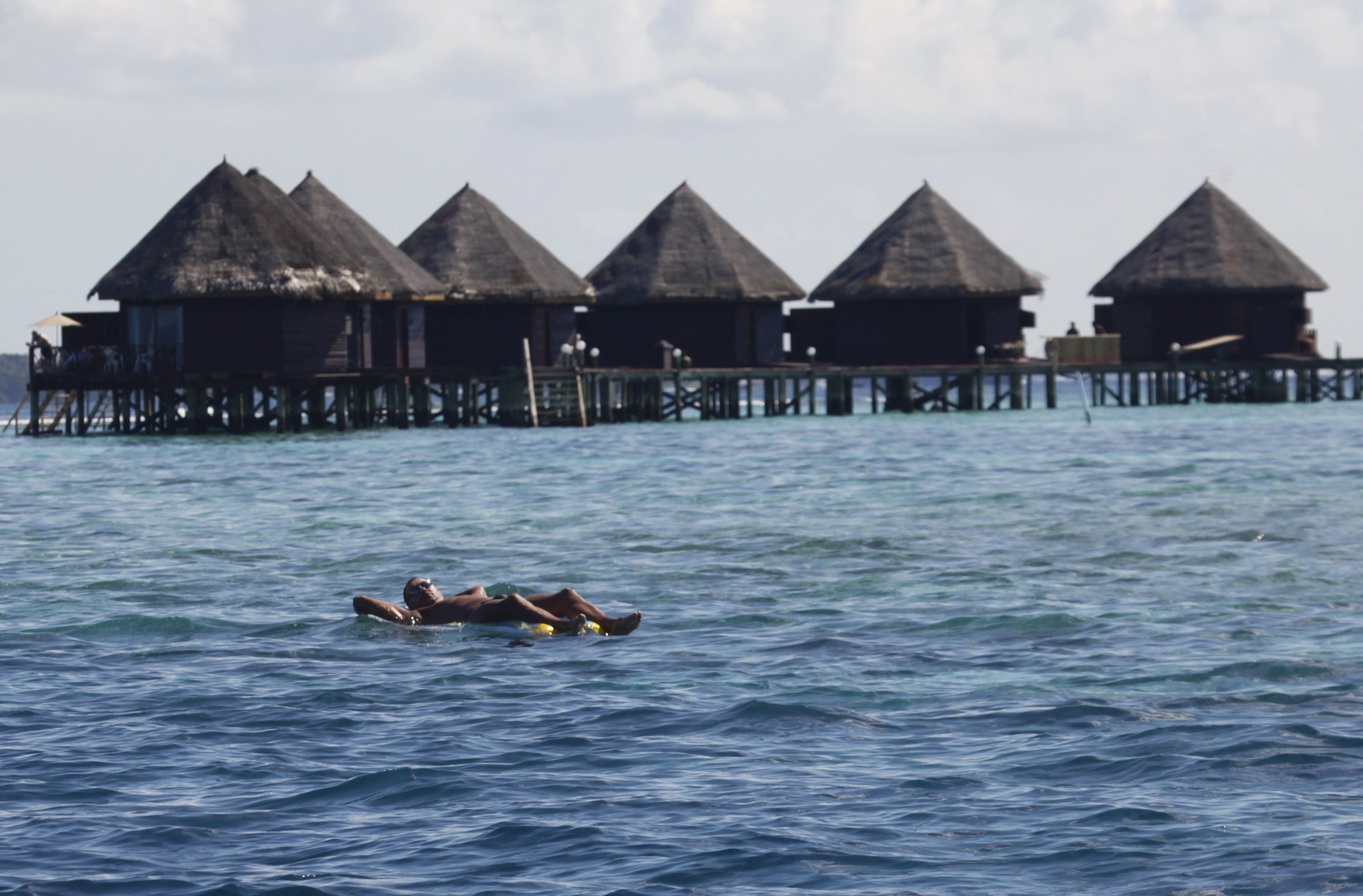There are two ways to protect the planet from climate change: Slow the heating of the planet or adapt to changing climate conditions. There is now a near-universal consensus that the world’s governments must invest in both strategies.
But climate change poses special problems for the Maldives, an archipelago nation of about 520,000 people who are scattered across more than 1,000 islands. Some 80% of Maldivian territory already sits below sea level. In the capital city of Malé, some 200,000 people live in an area of just 8 square kilometers at an average elevation of less than eight feet above sea level.
For people who live in a nation that will slip beneath the waves in the coming decades, the need for creative, innovative approaches to climate adaptation is an increasingly easy sell.
That’s why the Maldives government is now partnering with a Netherlands-based real estate developer to design a floating city, one that can provide homes, schools, hospitals, stores, restaurants, and other necessities of life for 20,000 people in the Indian Ocean.
Construction is already underway and on schedule. We’ll be watching to see if engineers learn new lessons that boost adaptation strategies on an even larger scale in other parts of the world.
